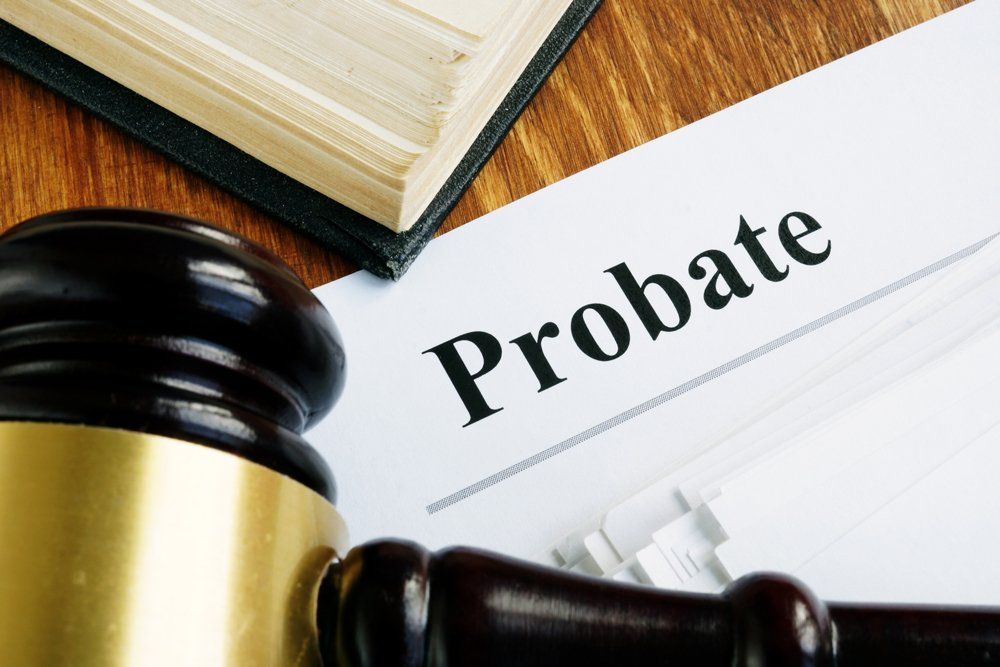Probate Law
Probate is a court supervised process which resolves any outstanding obligations of a deceased person and then distributes his or her remaining property. This process consists of four basic steps; the appointment of an administrator or executor; inventorying the property of the decedent; accounting to the court for the activities of the estate; and, finally, the distribution of property left over after the payments to creditors and the cost of administration. Each of these steps require the filing of pleadings and, sometimes, court appearances. Other actions which can occur in probate are contests of Wills or trusts, litigation for or against the estate and/or the sale of real property.
All of the property of the decedent is not necessarily included in the probate estate. Things like insurance policies, real property held as a joint tenancy, certain retirement benefits, trust property and joint accounts may not be subject to probate. Early recognition of these property issues is critical to the timely and efficient administration of a probate estate. The District Courts of Nevada have jurisdiction over the property of any person who dies as a resident of the State and over the real property of any decedent which is located in the State, regardless of where he or she resided at death. If a person dies with a valid Will, then the property is distributed to the beneficiaries named in that Will provided they are alive and the property is in the probate estate . If a person dies without a Will, or some or all of the beneficiaries of the Will are deceased, then the decedent’s property may pass through intestate succession, statutes which dispose of property not conveyed by a Will.
Nevada law provides for three types of probates. First, there is the transfer by affidavit. This is a procedure where very small estates which contain no real property can be transferred to a spouse or other person through an affidavit. There is no probate and no court orders are issued. The affidavit shows any third party that the decedent’s property was transferred. In order to do this, the heir or heirs must wait 40 days from the date of death and see that all of the decedents debts are resolved.
Second, small estates can be set aside. Estates valued at less than $100,000 may be set aside without administration by order of the court. In this form of probate, there is limited court involvement and an order is issued upon completion. It can be used for both testate and intestate estates (with or without a Will). Also, real property can be conveyed using this procedure.
Third, there is the full probate of an estate. This involves the four steps set forth above. A probate may also contain the sale of real and/or personal property and litigation against or by the estate. This process usually takes from 4 to 6 months. If the deceased person had a trust, creditors must still be dealt with and assets distributed, albeit without court supervision. However, this is still a task where experienced legal counsel can provide benefits.
